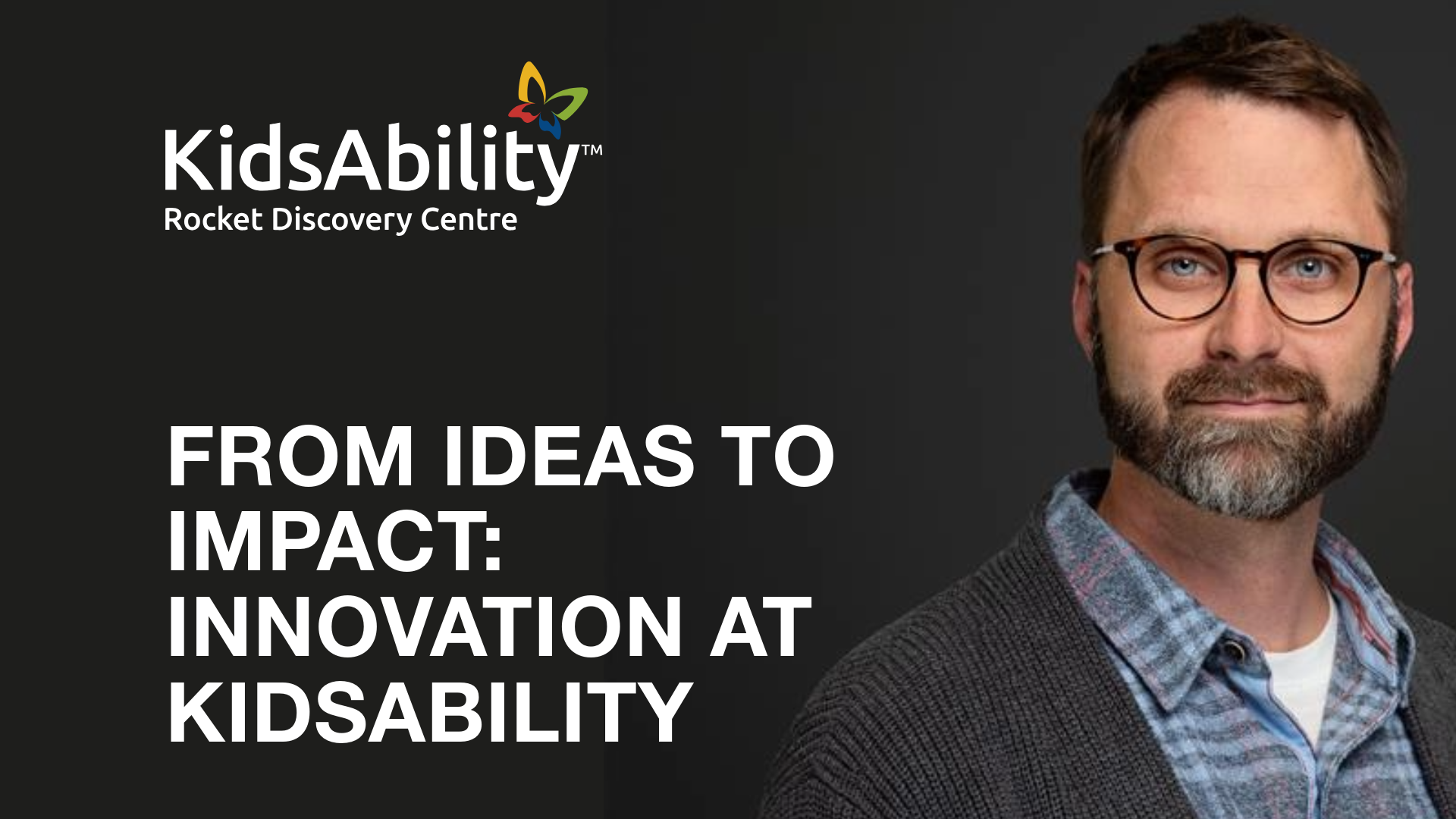The need for representation in Science, Technology, Engineering, and Mathematics (STEM) fields has been a significant issue for decades. There is a disparity in the representation of minorities, as systemic racism and discrimination create inequity for many groups, especially in STEM-related degree programs and careers for Black, Indigenous, and people of colour (BIPOC).
Innovations from STEM fields have positively impacted the lives of nearly every aspect of human life, and we see that right here in KW. For years, the underserved and underrepresented BIPOC masses have been denied access to education and career opportunities to improve the diversity in STEM.
Many of these innovations we see today were the ideas of Black men and women who had to fight to pursue their education and opportunities to contribute to the societies, communities, and world that actively denies them the equity that every human being deserves. Among those fighting for representation close to home is Chukwunonso Moneme, a fourth-year Chemical Engineering student and active member of the Engineering Society, using his role as Inclusivity Commissioner to advocate for better representation at the University of Waterloo and beyond.
We had the chance to have a meaningful discussion with Moneme, who highlights that not only does representation matter but that without it, STEM would quickly stagnate.
Why does representation matter?
Representation leads to better innovation and economic growth.
By definition, innovation is the ability to imagine something new, something no one has done before, having the creativity and the courage to ask new questions and seek out answers. A homogenous group is likely to ask the same questions over and over again. A more diverse group will ask different questions, and it's clear why – diverse members bring different perspectives and viewpoints.
Waterloo Engineering is one of the top engineering schools in the world. "If anyone should be leading the push on representation and racial equality, it's us," said Moneme. "The challenge is that it's hard to explain to someone who is always seen as representing what the lack of representation feels like."
Moneme further highlights this, explaining a common experience of an engineering student. "We see a lot passed down through generations," said Moneme. "There are students in my class whose parents, grandparents and great grandparents all became engineers at UWaterloo. These students come into their first day of classes with a spot already carved out for them, not realizing the privilege that it gives them."
Now think about international students who, on top of feeling the diaspora of being from another country, maybe even being the first generation to leave home, feel imposter syndrome and have to fight for a place to belong.
Put that example on a global scale, and you'll realize the impact tradition has on the issue of representation across the board. With technology being one of the fastest-growing industries with the highest number of open jobs, better representation could improve innovation and add hundreds of millions of dollars to the economy. With better representation of the problems in need of solving, the talent pool expands and opens up long-term economic growth opportunities.
Better representation leads to better representation.
The face of engineering is changing, but there's a long way to go. Without better representation, it is far less likely for BIPOC students to see themselves as scientists, technologists, engineers, or mathematicians.
A recent study shows that having just one Black teacher lowers high school dropout rates for Black students, increases their desire to go to college, and makes them more likely to enroll in college.
In the US alone, data from the National Science Foundation (NSF) shows that only 9% of students receiving undergraduate degrees were Black, compared to 59.1% who were white in 2018. As the education level increases, we can see that a mere 5.7% of Doctoral graduates are Black, compared to 70.3% who are white.
At Waterloo Engineering, there is one Black faculty member. "Luckily for me he's a chemical engineering professor interested in polymers like I am," said Moneme.
UWaterloo is taking steps to improve representation, such as the President's Anti-Racism Taskforce (PART) and the new IBET Momentum Fellowship, intended to support Indigenous peoples (First Nations, Inuit, and Metis) and Black researchers.
Imagine coming out of your undergraduate degree with a mountain of debt. Students feel it's not financially safe to go for an advanced degree where they'll find themselves in even more debt. The funding support from IBET will allow the recipient(s) to pursue advanced degrees and undertake both traditional and non-traditional areas of research without incurring financial hardship in achieving their rightful place and in academia at the University of Waterloo.
Representation leads to better problem-solving.
STEM fields are solving the world's biggest problems, but if we don't have proper representation, we will fail to serve every population, as history has proven repeatedly.
Think back to 2016, when Snapchat came out with fun filters that augment your selfies with anything from a flower crown to a puppy filter. It seemed like harmless fun, but some of these filters do not work if you have dark skin.
"I was in grade nine at the time and had to explain to my friends how this affected my ability to engage socially with my classmates," recalled Moneme. "We all put our own biases into what we create, we need to make sure there is ethical training in place so these biases don't hurt minorities."
Was the software racist? Probably not. Does facial recognition technology have a tougher time interacting with people of a darker skin tone? Probably. This represents the state of things in the tech world.
Developers and designers building products with empathy is essential. The problem beyond this is the bias that people tend to build products for people like them. If we can shift the way we talk about representation, we can avoid many growing pains.
Representation will rebuild a broken system.
The systems, processes, and policies we have in place are the product of long-held traditions built on white, male colonialism. Now, we don't say this to make you feel wrong about the roots of science or your place in it, but rather to face the facts and learn from history, so we do not repeat its mistakes.
Over time, the system has become so convoluted that we can barely understand it. "This makes it seem like solving these problems is way too complicated," said Moneme, "but it's not as complicated as you think it is."
"Structures should be hostile to racist behaviour," said Moneme. "I can't change one kid in my class saying racist things to me, but I can stop them from holding a position of power." A person should not be able to hold a position of power and also be racist. There should be processes in place to get those people out of positions of power.
The key is to focus on the students, focus on the minorities, and listen to them. We have to let go of the proud idea that we can fix the system we have because it was built to benefit the people who made it and systemically leaves out minorities.
"We need to design systems that help people, all people. If we recognize that as something we're supposed to do then it makes a lot more sense why we need to have these conversations about representation," said Moneme.
New to the conversation? Here's where you can start.
Educate yourself so that you understand the problem. You're reading this, so you've already started the first step! Next, share what you've learned with your non-Black friends and colleagues, recuperate and repeat. Take some time to understand the climate of your campus or workplace. Is it inclusive? Are marginalized groups adequately represented? Are there opportunities, funds, and scholarships for racial minorities? Examine the immediate areas in your workplace or school where you can improve diversity and inclusion.
Seek out, support, and fund mentorship opportunities for BIPOC students and colleagues in STEM. Think about how you can help mentor and support your friends and colleagues who identify as BIPOC; what has your privilege given you access to that you can share? How can you make your voice heard and take action in your lab, workplace, or campus?
Remember to continue using your voice to make STEM a safe and welcoming place for everyone by engaging in resources that can help better understand BIPOC community members' experiences. Engage in local initiatives and events that advocate for representation. To name a few, there’s UWaterloo's Anti-Racism Resources, and Anti-Racism Community Collective, led by Carla Beharry and Selam Debs with the free event, Stories of Resilience + Challenge in WOKE WO/MEN on February 26, 2021. For more, check out Kitchener Waterloo Community Foundation’s resources.
Representation matters because it drives innovation, economic growth and even makes us smarter. A lack of representation in STEM would lead to fewer discoveries, which means fewer and potentially less viable, solutions to humanity's most pressing problems. Without representation, we cannot harness the full potential of STEM.




